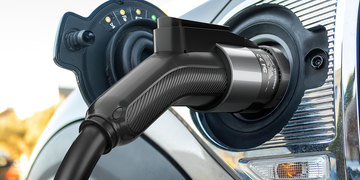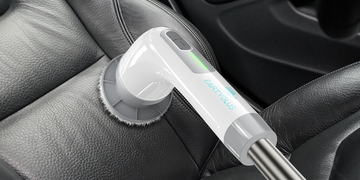How much does it cost to charge an electric car for 300 miles? The average cost of charging an electric car at home can vary depending on the electricity rates in your location and the fuel efficiency of your car. Assuming the efficiency of 3 miles per kWh and the national average electricity cost of $0.16 per kWh, it would cost $16 to charge your car for 300 miles at home.
With the rising popularity of electric cars, many prospective buyers are keen to understand the financial implications of charging these vehicles, particularly for longer journeys. One common question is, "How much does it cost to charge an electric car for a 300-mile trip?" Let's break down the costs and shed light on the factors that influence the overall expense.
Understanding the Basics:
Before diving into the cost calculations, it's crucial to grasp some fundamental concepts. The energy consumption of an electric car is measured in kilowatt-hours (kWh). The electric car's efficiency, expressed as miles per kWh, varies among different models. For our calculation, let's assume an average efficiency of 4 miles per kWh, which is a reasonable estimate for many electric vehicles.
Calculating Energy Consumption:
For a 300-mile journey with an average efficiency of 4 miles per kWh, the electric car would consume 75 kWh of energy (300 miles ÷ 4 miles per kWh). This figure serves as the basis for determining the charging cost.
Electricity Rates:
The cost of charging depends on the electricity rates in your area. Residential electricity rates are typically measured in cents per kWh. To calculate the charging cost, multiply the total kWh required (in this case, 75 kWh) by the local electricity rate.
For example, if your electricity rate is $0.12 per kWh, the cost would be 75 kWh x $0.12 = $9.00 for a 300-mile journey.

Home Charging vs. Public Charging:
Charging at home is often more cost-effective than using public charging stations. Home charging allows you to take advantage of residential electricity rates, which are typically lower than the rates at public charging stations. Public charging stations may have additional fees, affecting the overall cost of the journey.
Time-of-Use Plans and Special EV Rates:
Some utility companies offer time-of-use plans or special rates for electric vehicle owners. These plans encourage charging during off-peak hours, providing an opportunity to save on electricity costs. It's worth exploring such options to maximize cost savings.
How much does it cost to charge an electric car for 300 miles? The cost of charging an electric car for a 300-mile journey depends on factors such as energy efficiency, electricity rates, and charging location. By understanding the basics of energy consumption and considering local electricity rates, electric car owners can make informed decisions about the cost-effectiveness of their journeys. As the electric vehicle infrastructure continues to evolve, advancements in technology and favorable utility plans may further enhance the affordability of long-distance travel with electric cars.





